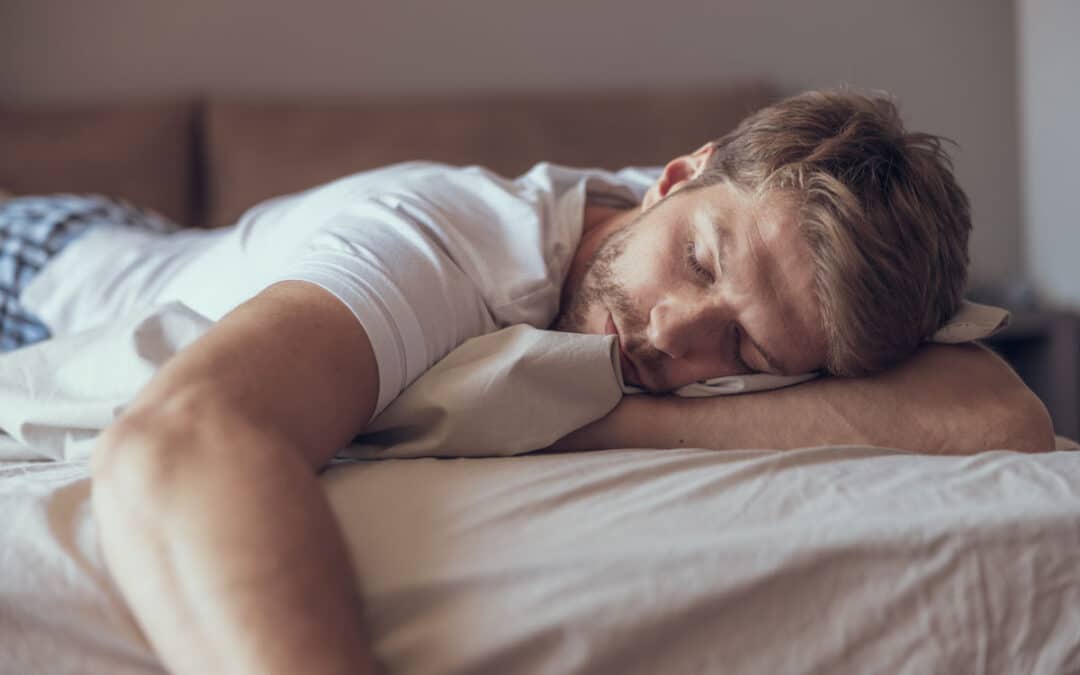Sleep Hygiene
In our go-go-go culture, sleep is often the first thing we sacrifice to squeeze more hours out of the day. But here’s the kicker: good sleep isn’t a luxury—it’s a biological necessity.
What Is Sleep Hygiene?
Sleep hygiene refers to the habits, routines, and environment that help you get quality, restful sleep. Think of it as grooming your body and mind to wind down, recharge, and wake up ready to conquer the day.
Why It Matters
Poor sleep doesn’t just make you groggy. It can affect your mood, memory, immune system, and long-term health. From increased anxiety and weight gain to weakened focus and productivity, when sleep suffers, everything else follows.
Building Your Sleep Sanctuary
Here are a few time-tested strategies to transform your nights:
- Keep a consistent sleep schedule**: Going to bed and waking up at the same time every day—even on weekends—anchors your internal clock.
- Create a wind-down routine**: Gentle stretches, reading a book (not on a screen), or listening to calming music signal your brain it’s time to slow down.
- Ditch screens before bed**: Blue light from phones and laptops can confuse your brain and mess with melatonin production.
- Cool, dark, and quiet**: Your bedroom should feel like a sleep cave—cozy, calm, and designed for rest.
- Watch what you eat and drink**: Caffeine, heavy meals, and alcohol can all sabotage your sleep quality.
When to Seek Help
If you’re doing everything “right” and still struggling with sleep, don’t just tough it out. Insomnia and other sleep disorders are real and treatable. Talk to a healthcare provider who can help you get to the root of the issue.
Sleep hygiene isn’t about rigid rules or quick fixes—it’s a compassionate routine that honors your need for rest. It’s a silent superpower that can transform how you feel, think, and function every day.

